-
CATEGORY ::
- All Seeds /
- All Flower Seeds /
- All Lychnis Seeds
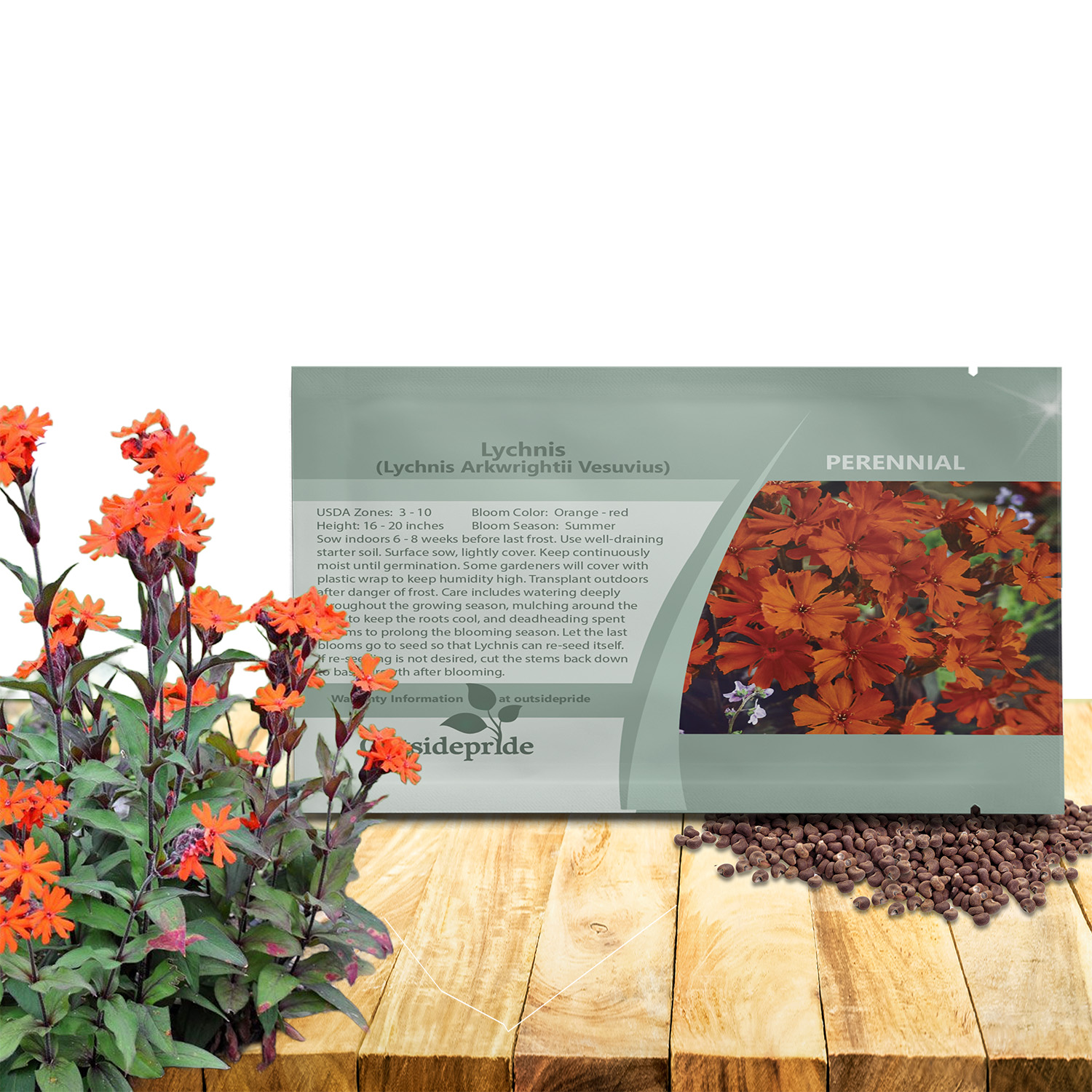

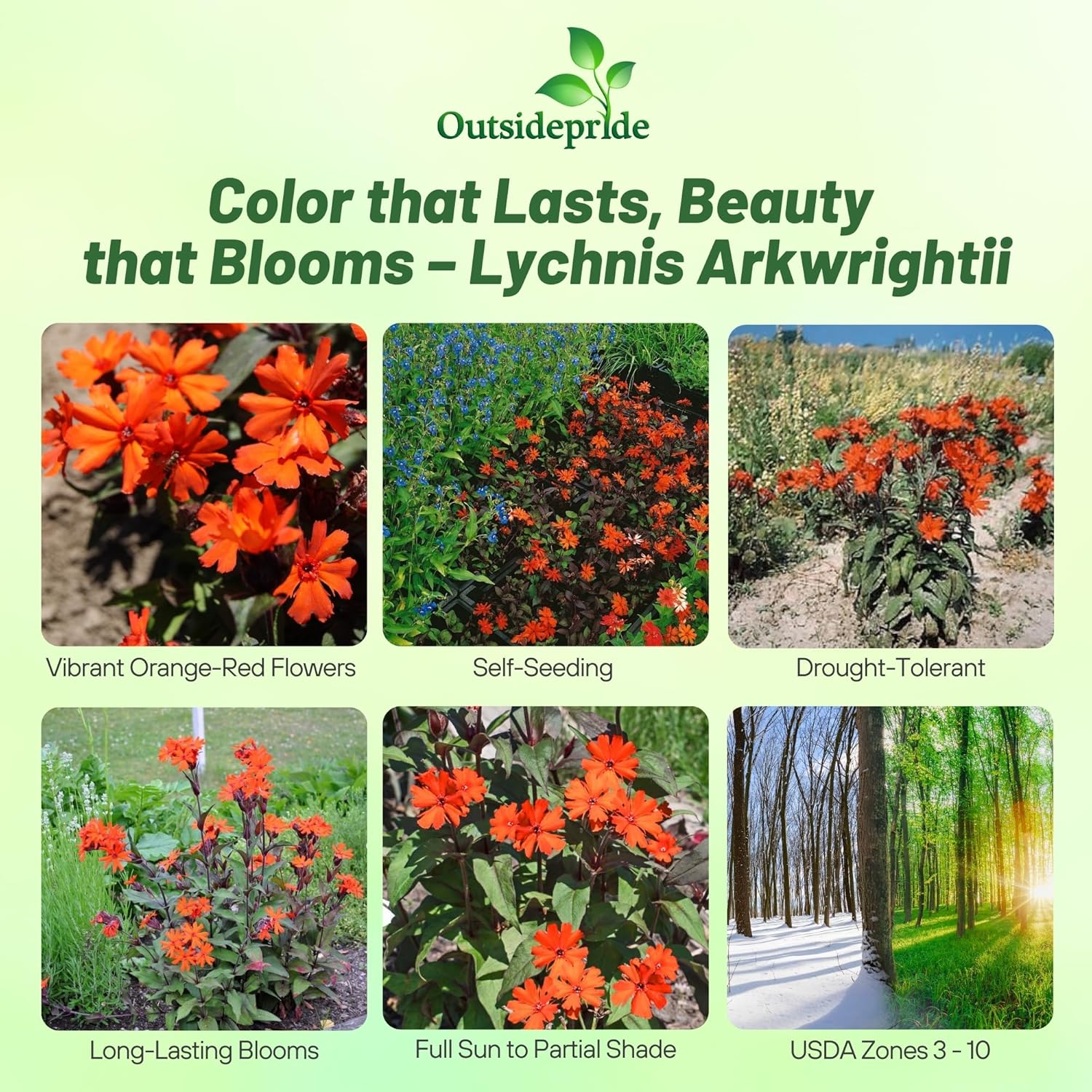
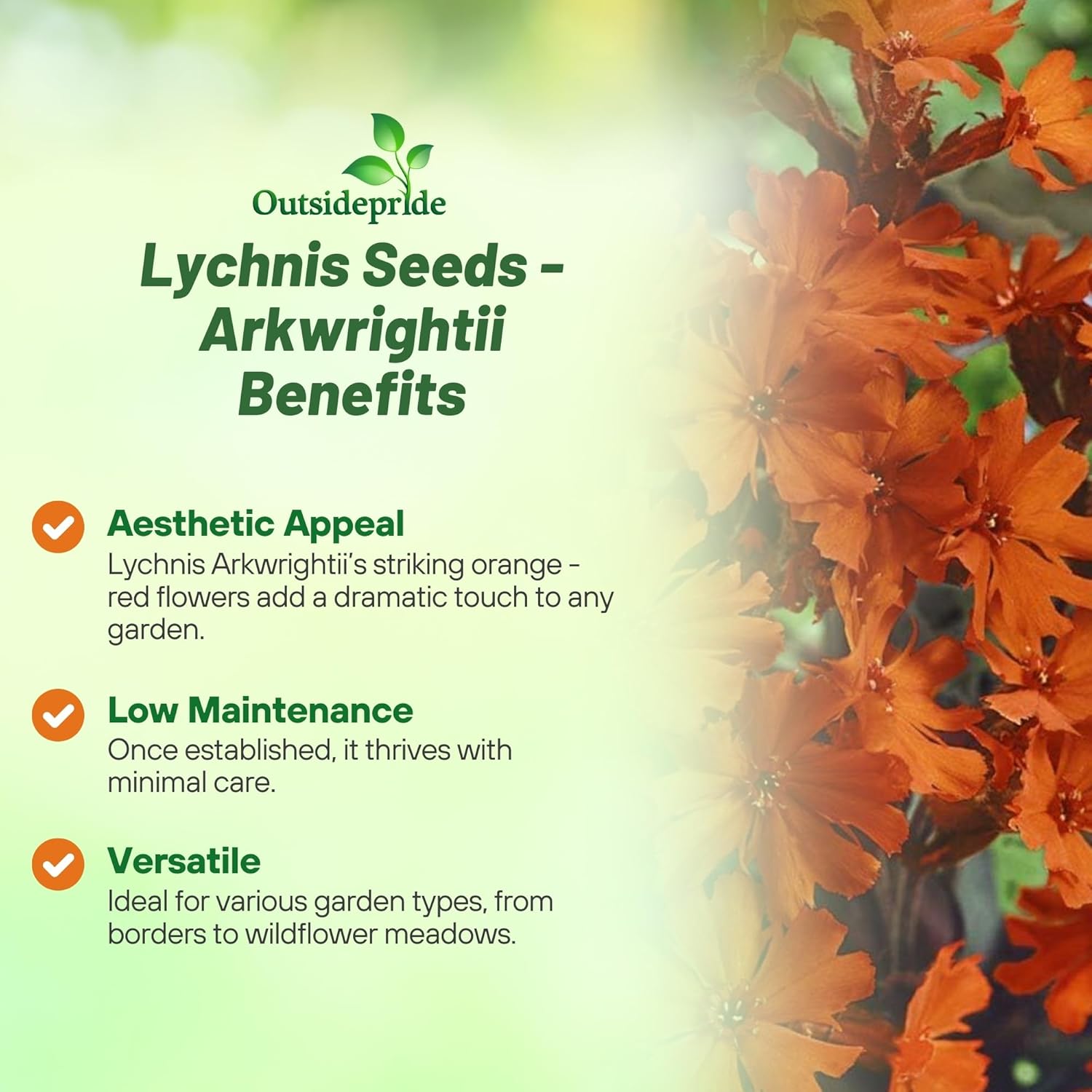
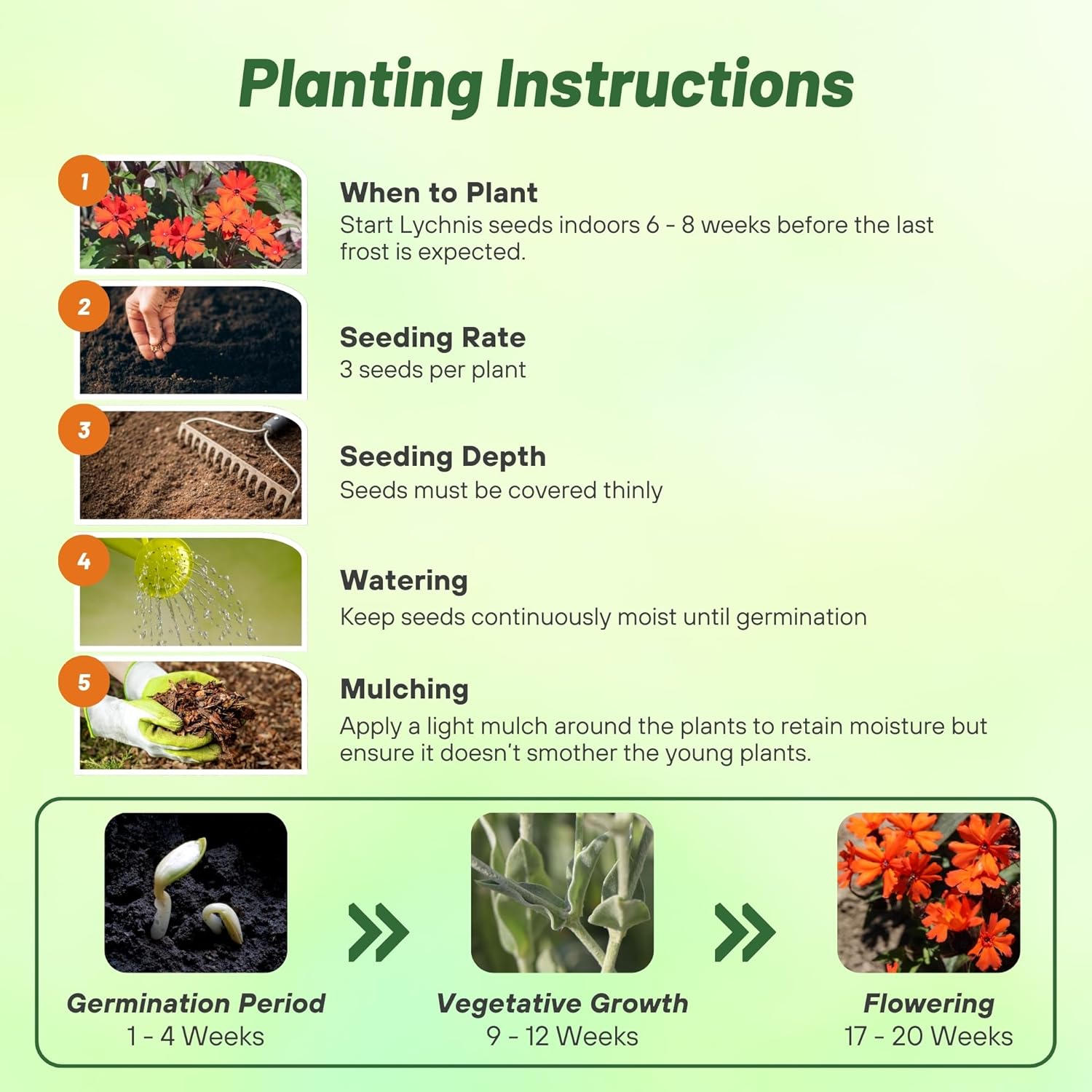
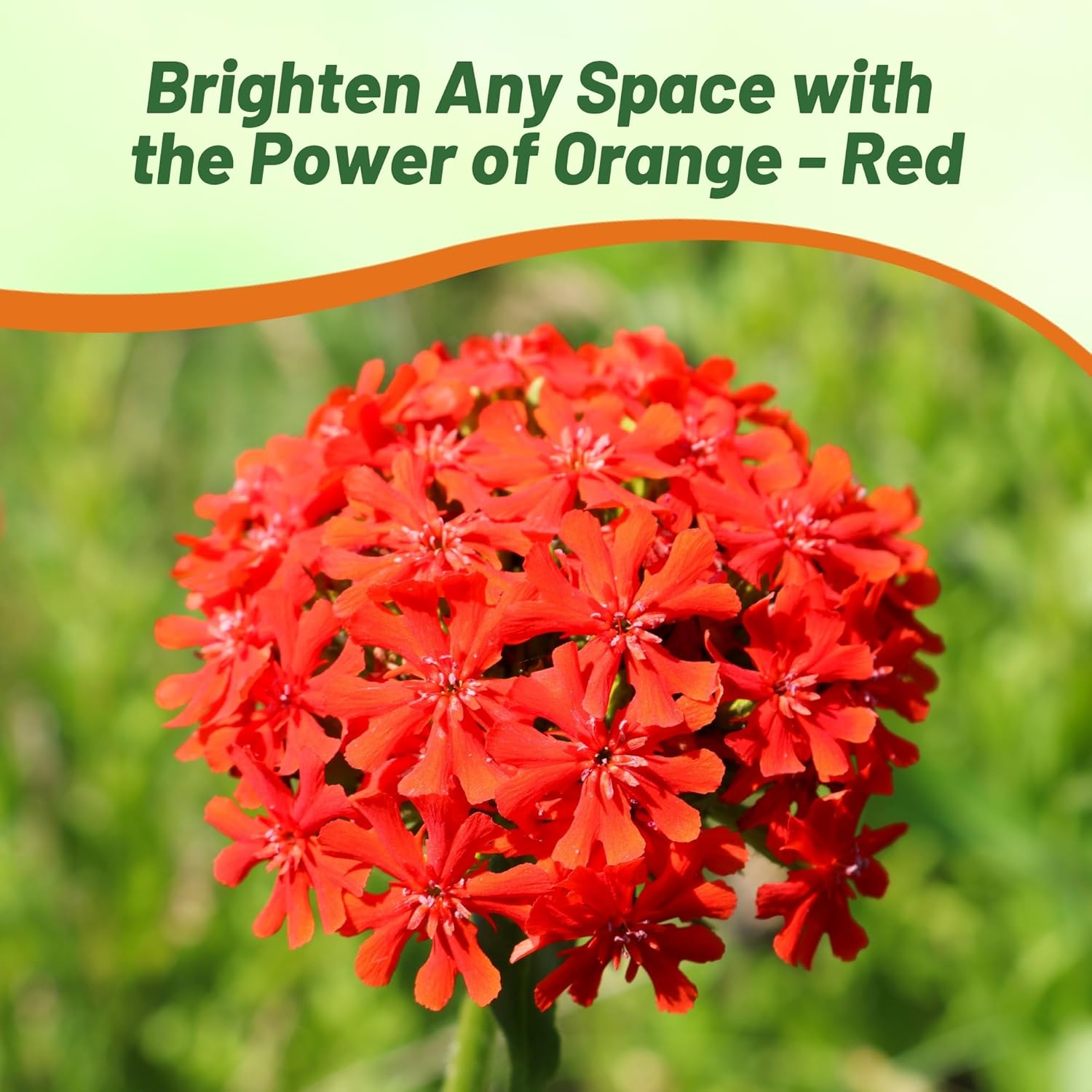
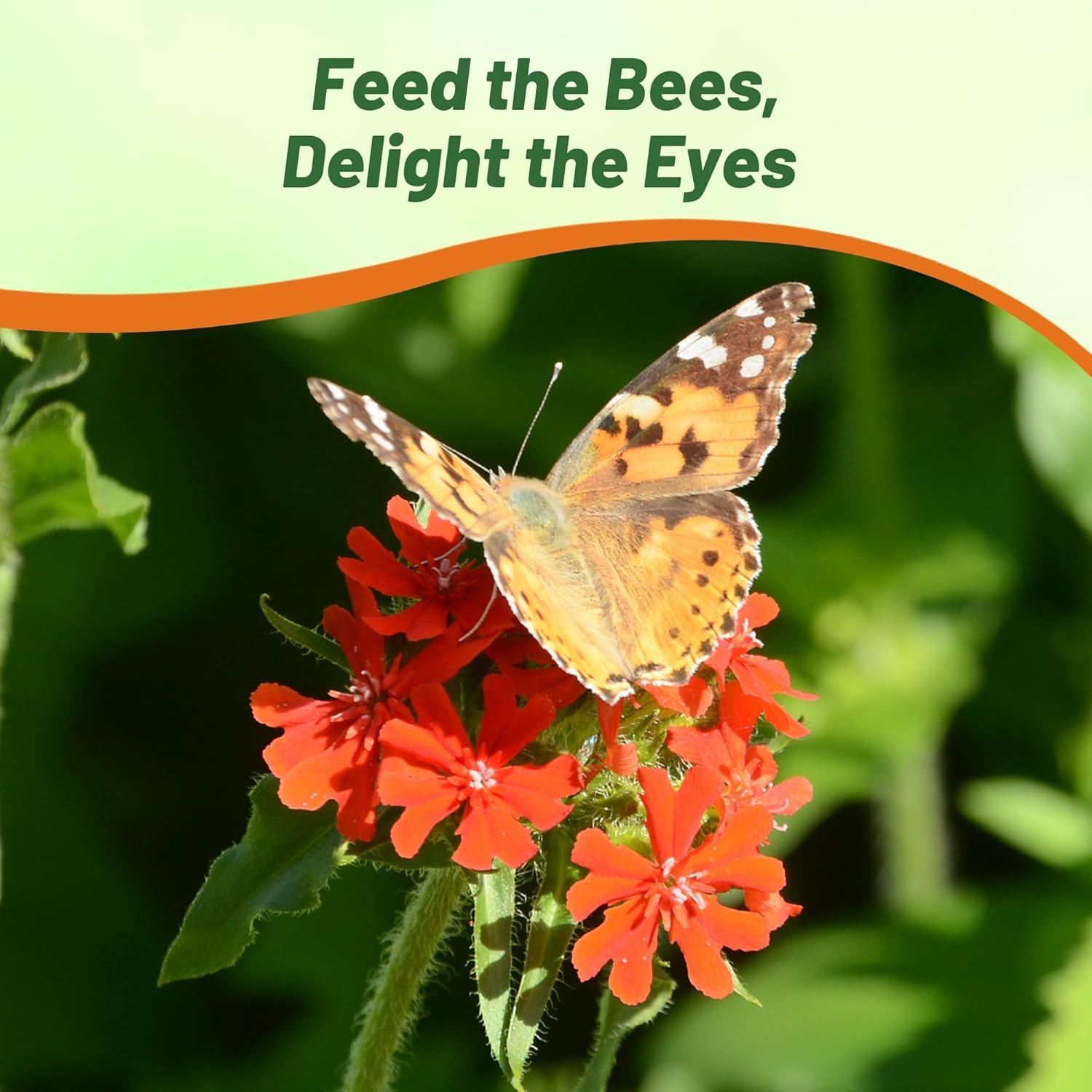

Lychnis Seeds - Arkwrightii
About...
Lychnis (Lychnis Arkwrightii Vesuvius) - Grow this attractive plant from Lychnis seeds and have both gorgeous orange-red blooms and purple colored foliage. The combination is striking! This flowering Lychnis plant commands attention when it's in bloom during the summer months, and hummingbirds cannot stay away from the brightly colored flowers!
MORE LYCHNIS OPTIONS
Planting Directions
TEMPERATURE
68 - 70F
AVERAGE GERM TIME
14 - 21 days
LIGHT REQUIRED
Yes
DEPTH
Seeds must be covered thinly
SOWING RATE
3 seeds per plant
MOISTURE
Keep seeds continuously moist until germination
PLANT SPACING
8 - 10 inches


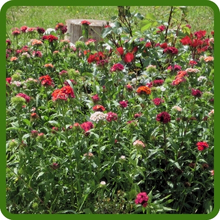
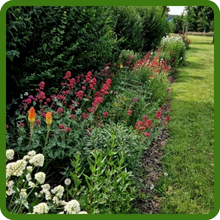
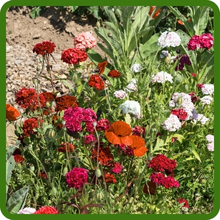
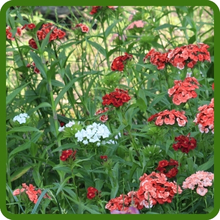
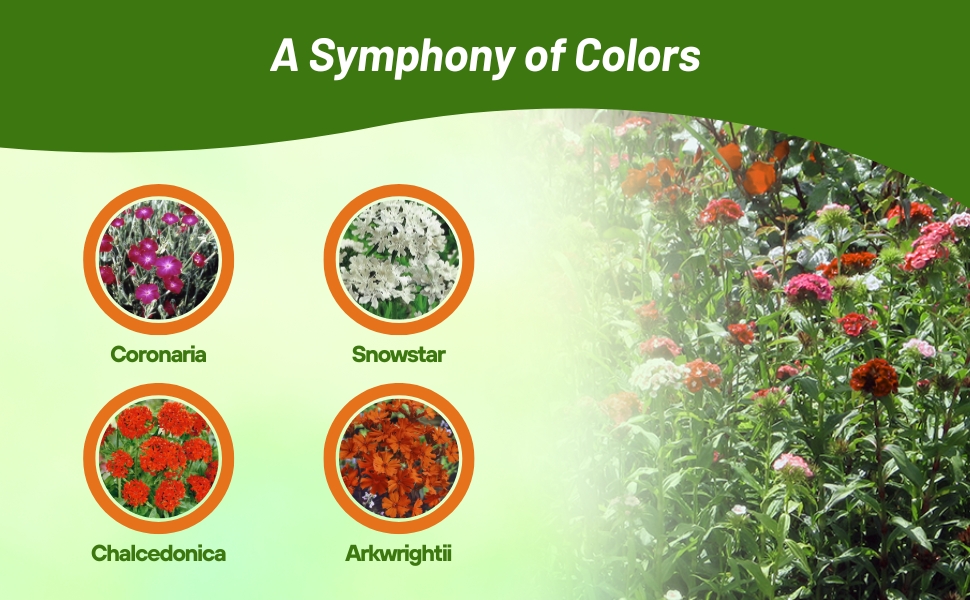
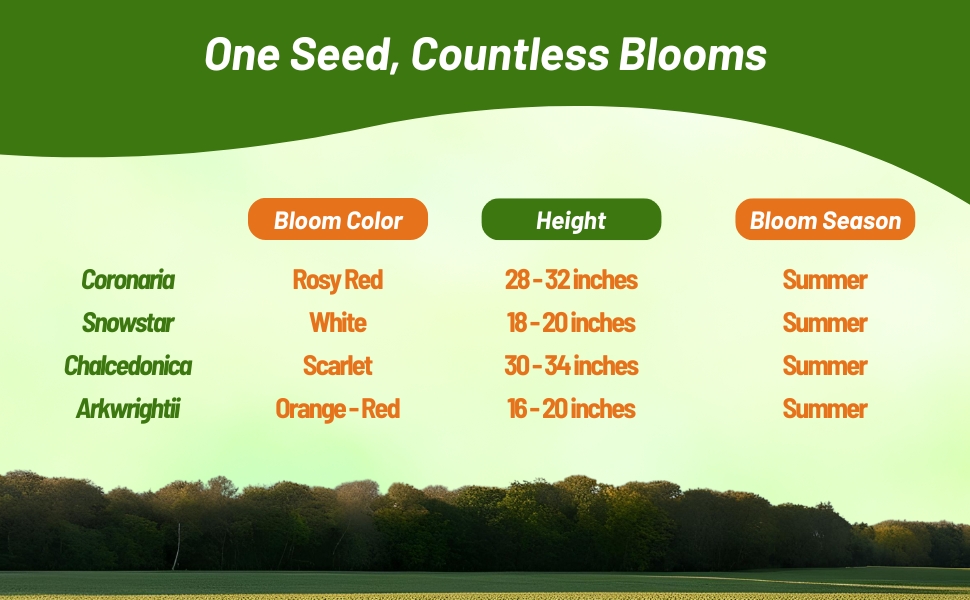
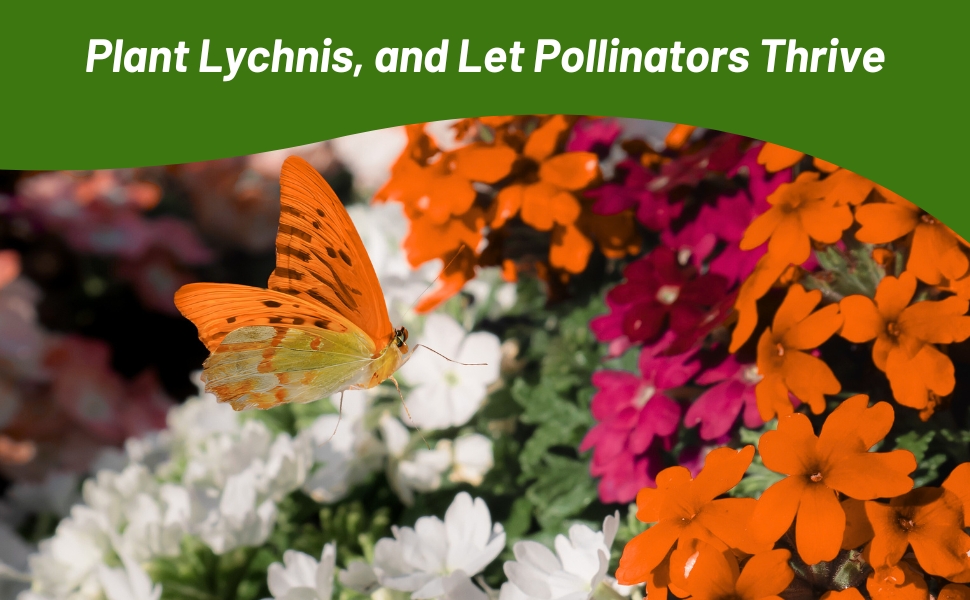
Lychnis (Lychnis Arkwrightii Vesuvius) - Grow this attractive plant from Lychnis seeds and have both gorgeous orange-red blooms and purple colored foliage. The combination is striking! This flowering Lychnis plant commands attention when it's in bloom during the summer months, and hummingbirds cannot stay away from the brightly colored flowers! Commonly, this perennial is called Arkwright's Campion.
This Arkwright's Campion plant grows 16 - 20 inches tall, with erect stems and is hardy in zones 3 - 10 in normal environmental conditions. Arkwright's Campion flowers are a brilliant orange-scarlet color like molten lava flowing from the volcano, Mt. Vesuvius (hence the name), and they are simple in form with 5 deeply notched petals measuring 1 1/4 - 2 inches across.
Sow Lychnis seeds indoors 6 - 8 weeks before the last frost is expected. Use well-draining starter soil. Sow the Lychnis seeds on the surface, lightly covered. Keep seed continuously moist until germination. Some gardeners will cover with plastic wrap to keep humidity high. Transplant outdoors after danger of frost. Lychnis care includes watering deeply throughout the growing season, mulching around the base to keep the roots cool, and deadheading spent blooms to prolong the blooming season. Let the last blooms go to seed so that Lychnis can re-seed itself. If re-seeding is not desired, cut the stems back down to basal growth after blooming.
Common Questions
What are some good ways to use lychnis in my garden?
These are an excellent choice for dry gardens, meadows, perennial borders, wild gardens or meadows. These are also great for your cutting gardens.
Will these flowers attract pollinators?
Yes, both butterflies and hummingbirds will be attracted to lychnis flowers.
Planting Directions
TEMPERATURE
68 - 70F
AVERAGE GERM TIME
14 - 21 days
LIGHT REQUIRED
Yes
DEPTH
Seeds must be covered thinly
SOWING RATE
3 seeds per plant
MOISTURE
Keep seeds continuously moist until germination
PLANT SPACING
12 - 18 inches
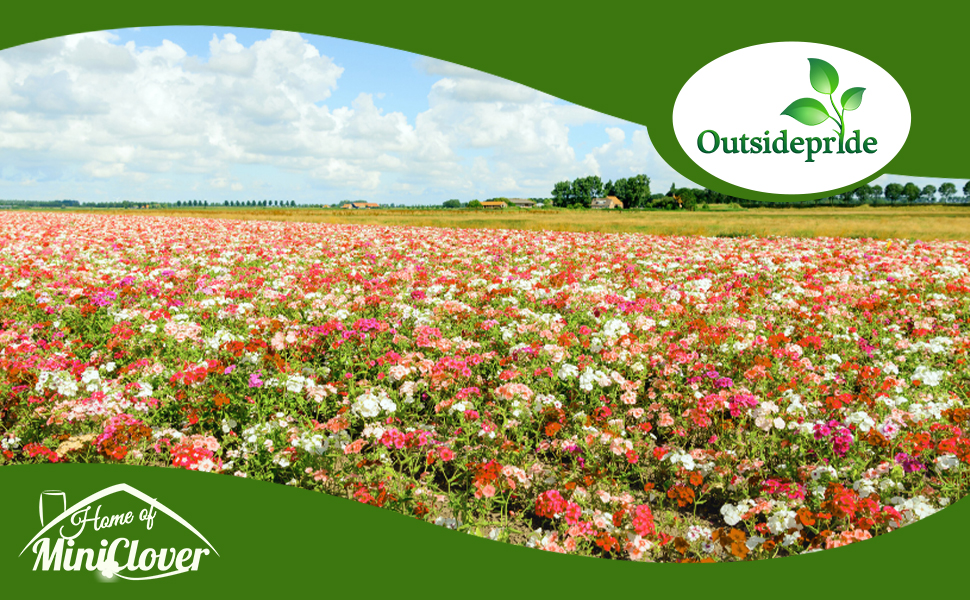

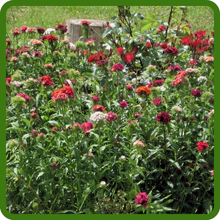
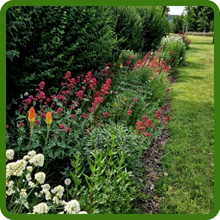
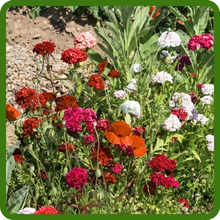
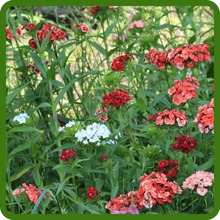
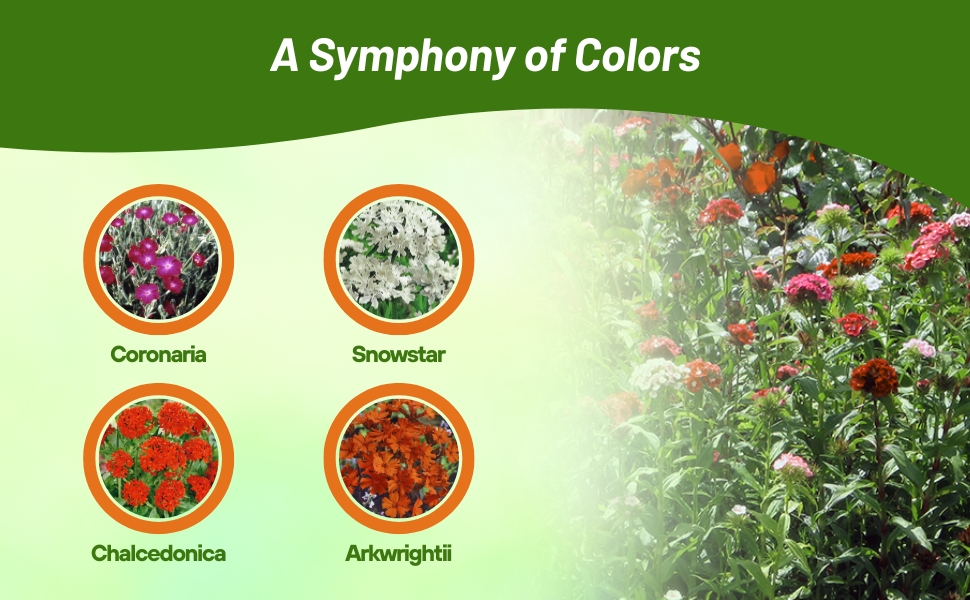
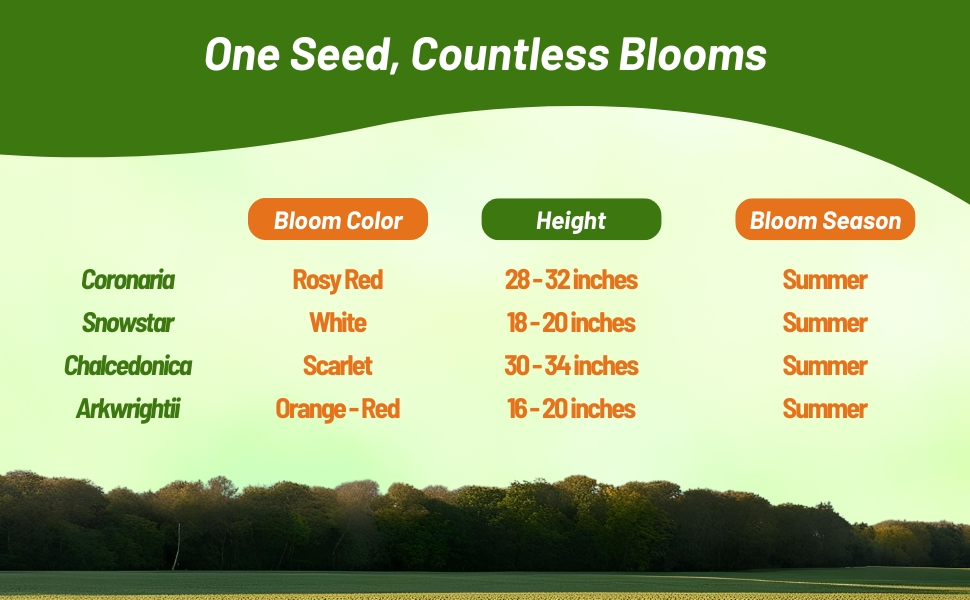
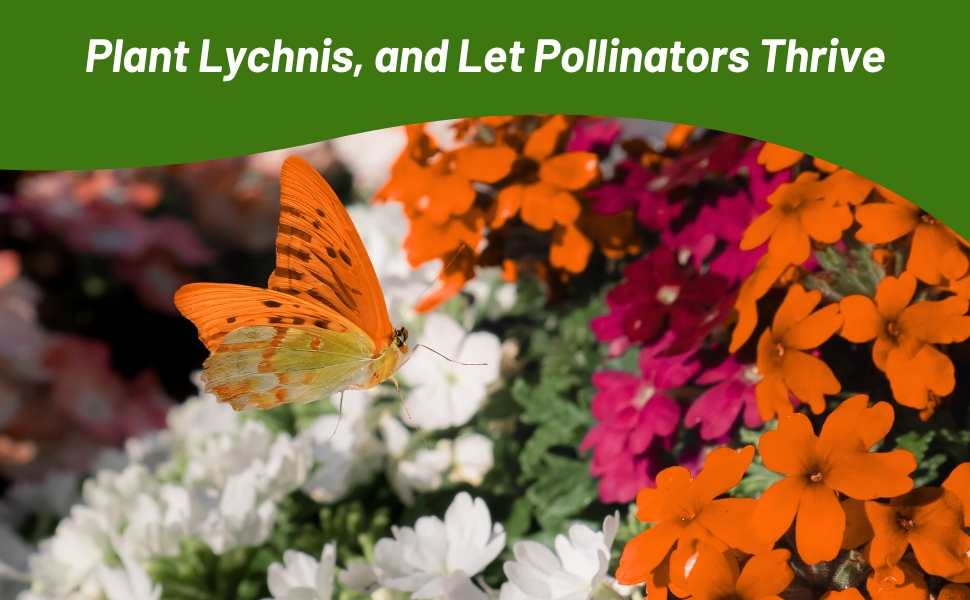
Lychnis (Lychnis Chalcedonica) - This Lychnis, also known as Maltese Cross or Jerusalem Cross, is easily established by sowing Lychnis seeds. Maltese Cross Lychnis Chalcedonica is an heirloom flower that has been grown in American gardens since Colonial times. Its scarlet colored bloom clusters begin in June and continue through August. Hummingbirds cannot leave the blooms alone!
Maltese Cross Lychnis has long been popular in cottage gardens. It is a hardy and easy perennial for any sunny border. Plants form an upright clump of bright green leaves, with taller stems that bear the clusters of scarlet-orange flowers. Jerusalem Cross Lychnis is excellent for cutting, and they are reliable and long-lived.
Sow Lychnis seeds indoors 6 - 8 weeks before the last frost is expected. Use well-draining starter soil. Sow the Lychnis seeds on the surface, lightly covered. Keep seed continuously moist until germination. Some gardeners will cover with plastic wrap to keep humidity high. Transplant outdoors after danger of frost and when seedlings are 2 inches tall. Deadhead spent blooms to prolong blooming season. Red Maltese Cross flowers may bloom the first year from flower seed if started early indoors. Lychnis care includes watering deeply throughout the growing season, mulching around the base to keep the roots cool, and deadheading spent blooms to prolong the blooming season.
Common Questions
Do I need to deadhead my flowers?
Deadhead to encourage more blooms, then cut down in the fall after bloom season has passed.
What are some good ways to use lychnis in my garden?
These are an excellent choice for dry gardens, meadows, perennial borders, wild gardens or meadows. These are also great for your cutting gardens.
Will these flowers attract pollinators?
Yes, both butterflies and hummingbirds will be attracted to lychnis flowers.
Planting Directions
TEMPERATURE
68 - 70F
AVERAGE GERM TIME
14 - 21 days
LIGHT REQUIRED
Yes
DEPTH
Seeds must be covered thinly
SOWING RATE
3 seeds per plant
MOISTURE
Keep seeds continuously moist until germination
PLANT SPACING
18 inches
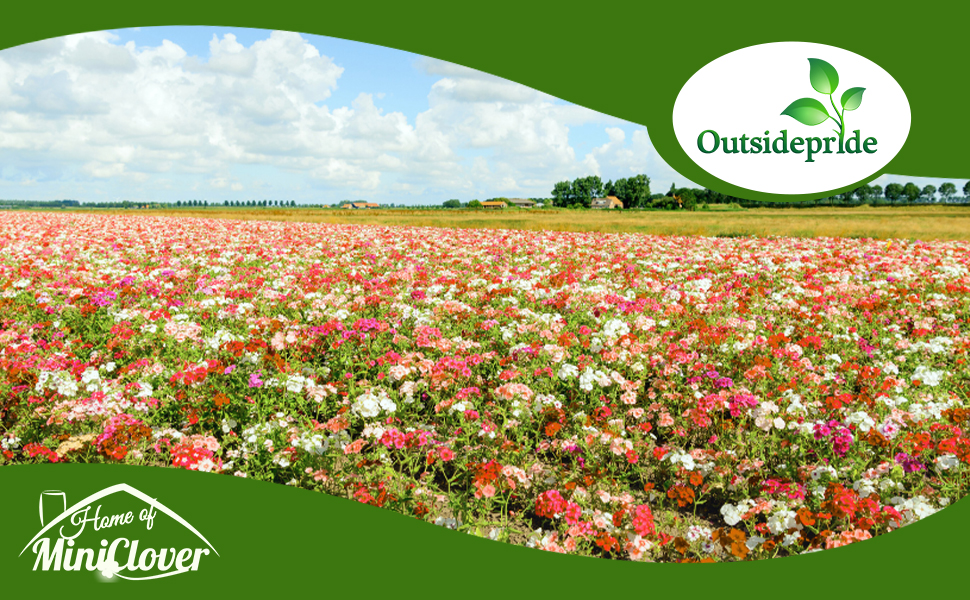

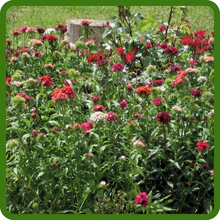
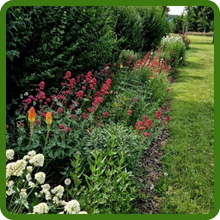
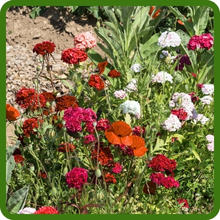
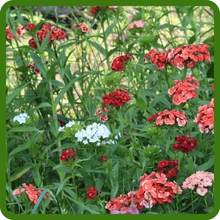
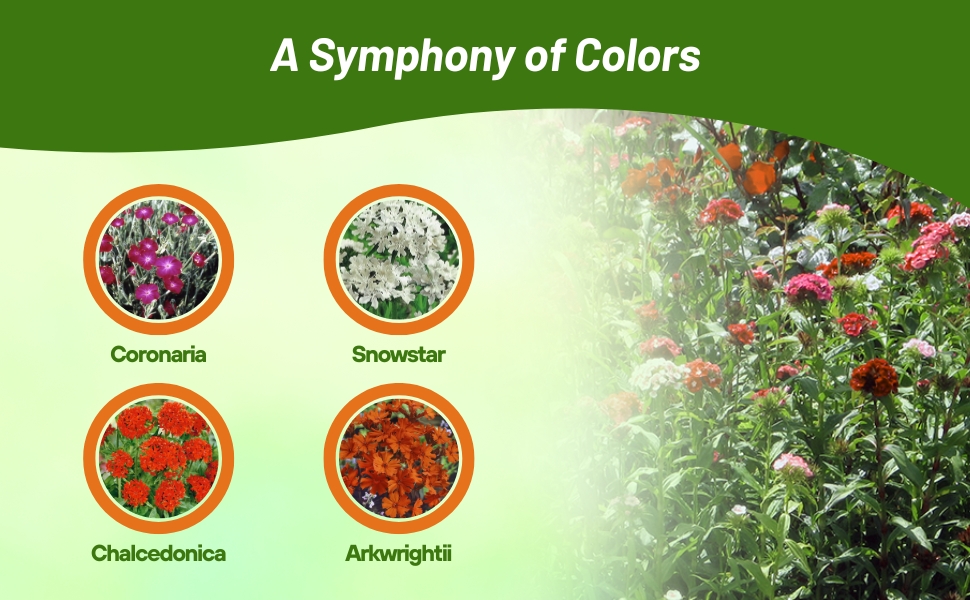
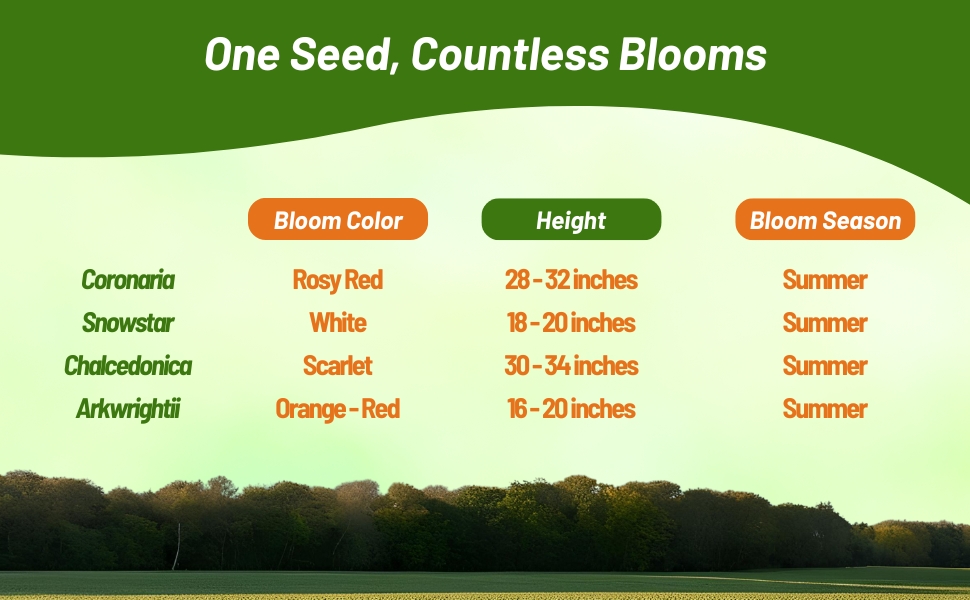
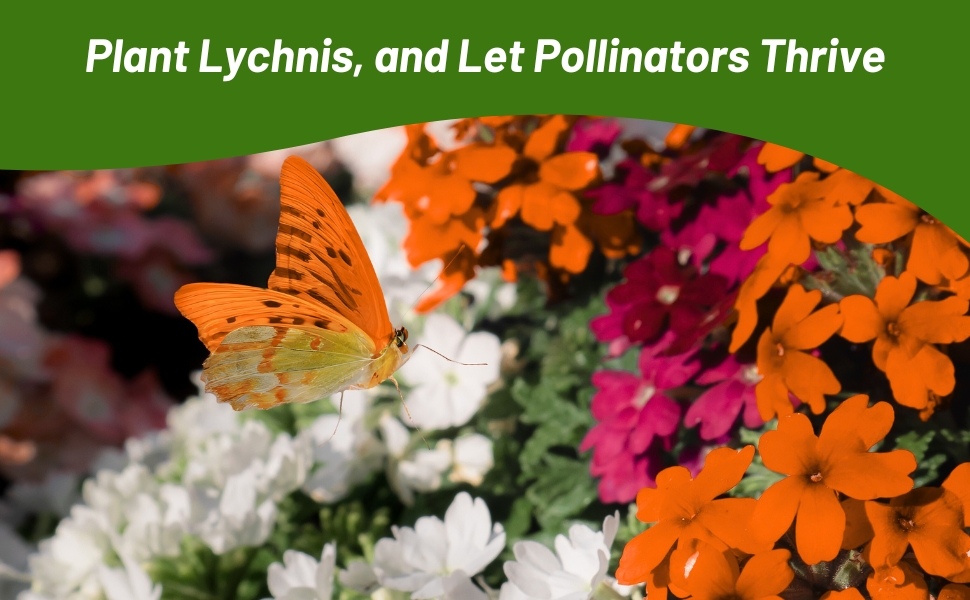
Lychnis (Lychnis Coronaria) - This Lychnis is also known as Rose Campion, and it is easily established from Lychnis seeds. It is erect with many-branches that have softly wooly, silver-gray leaves and stems. The plant gets 28 - 32 inches tall with a spread of 12 - 24 inches. The first year it will only produce a few blooms, but in the second year of establishment, Lychnis Rose Campion blooms with a profusion producing many long-stemmed rose to red colored trumpet-shaped flowers. They measure an inch across and just as long. A synonymous botanical name is Silene coronaria, and another common name is Mullein Pink.
Mullein Pink Rose Campion is well-loved for its long bloom season. This Lychnis plant begins blooming in late spring and lasts throughout the summer. The rosy-red Rose Campion flower is a beautiful contrast with the silvery foliage. Lychnis Coronaria Rose Campion plants perform well in both full sun or partial shade, and they are deer resistant.
Grow Lychnis Coronaria from flower seeds. Start Lychnis seeds indoors 6 - 8 weeks before the last frost is expected. Use well-draining starter soil. Sow the Lychnis seeds on the surface, lightly covered. Keep seed continuously moist until germination. Some gardeners will cover with plastic wrap to keep humidity high. Transplant outdoors after danger of frost and when seedlings are 2 inches tall. Lychnis care includes watering deeply throughout the growing season, mulching around the base to keep the roots cool, and deadheading spent blooms to prolong the blooming season. Let the last blooms go to seed so that Lychnis can re-seed itself. If re-seeding is not desired, cut the stems back down to basal growth after blooming.
Common Questions
Do I need to deadhead my flowers?
Yes, it is beneficial to remove spent flowers to prevent unwanted self-seeding.
What are some good ways to use lychnis in my garden?
These are an excellent choice for dry gardens, meadows, perennial borders, wild gardens or meadows.
Will these flowers attract pollinators?
Yes, both butterflies and hummingbirds will be attracted to lychnis flowers.
Planting Directions
TEMPERATURE
68 - 70F
AVERAGE GERM TIME
14 - 21 days
LIGHT REQUIRED
Yes
DEPTH
Seeds must be covered thinly
SOWING RATE
3 seeds per plant
MOISTURE
Keep seeds continuously moist until germination
PLANT SPACING
12 inches
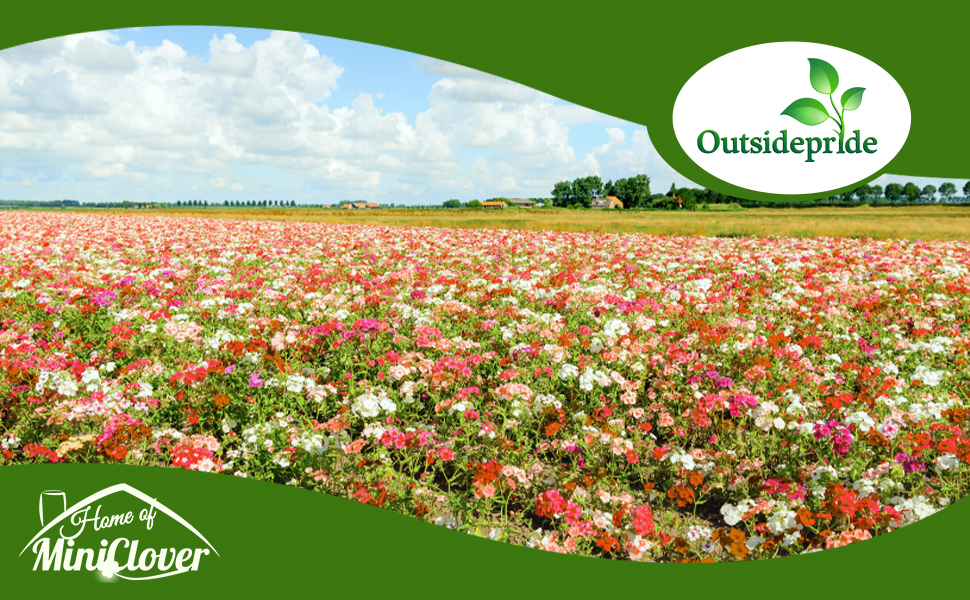

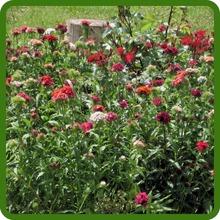
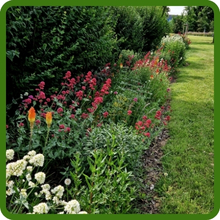
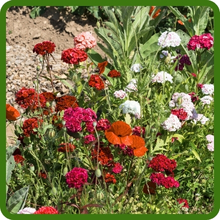
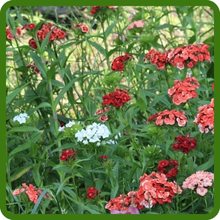
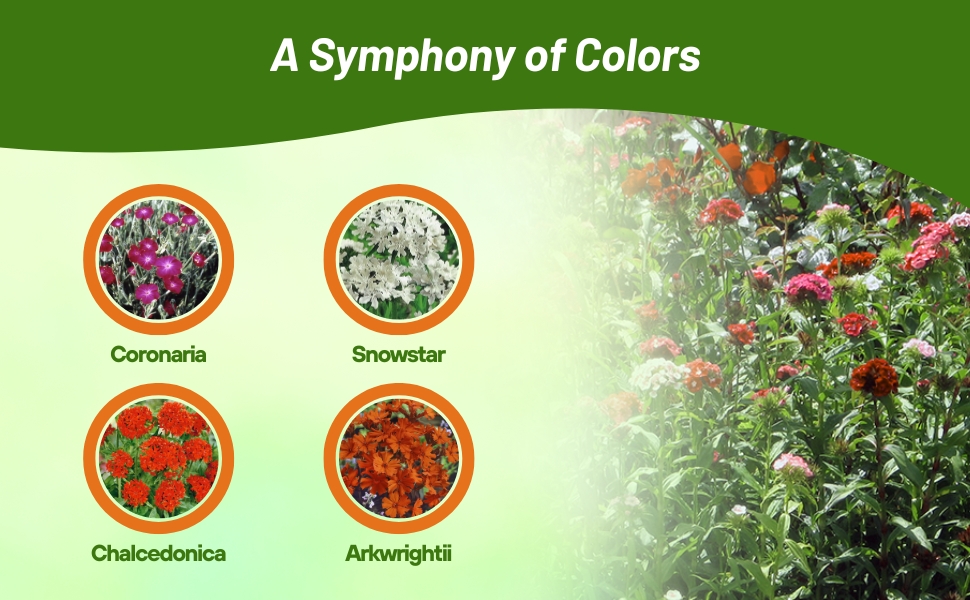
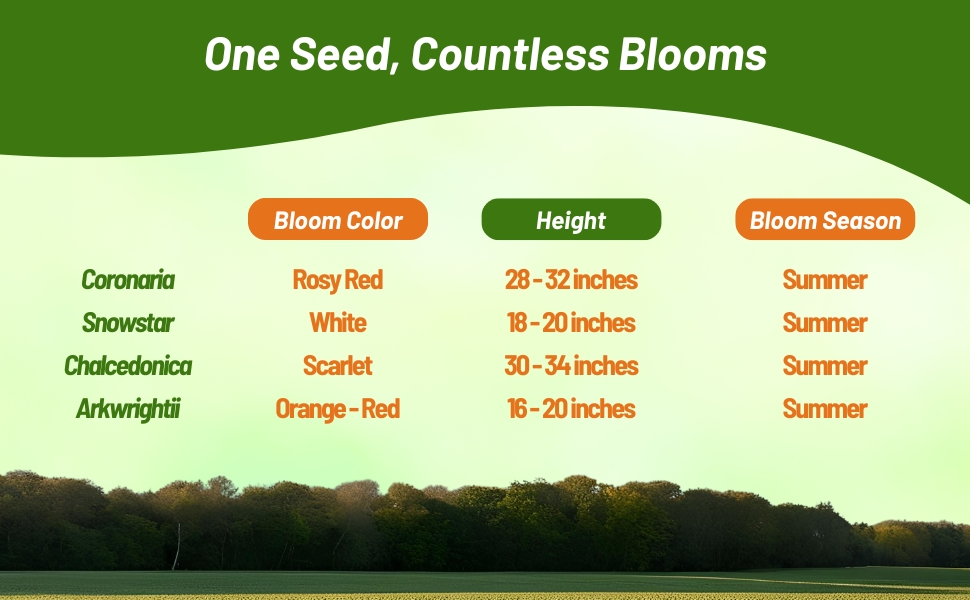
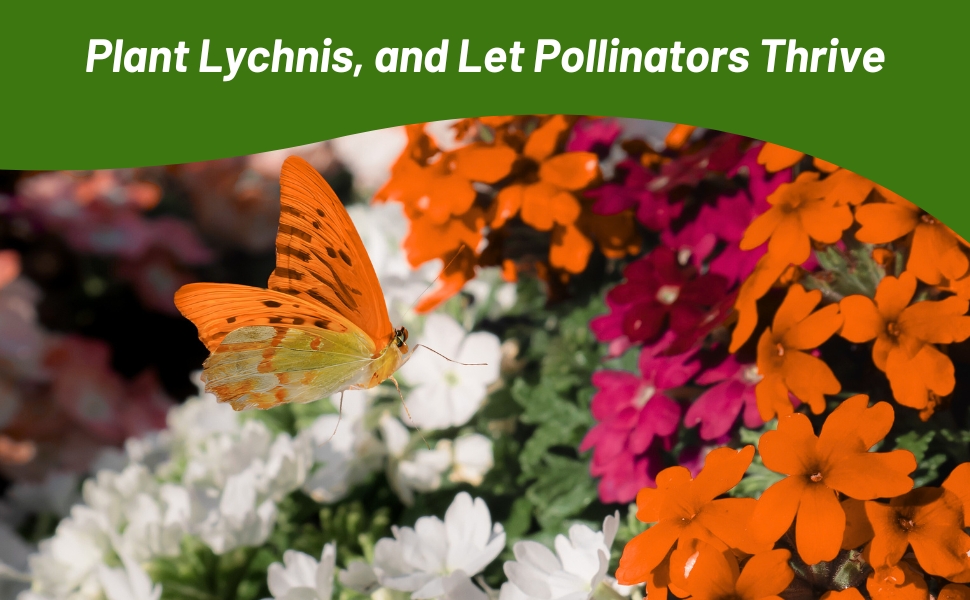
Lychnis (Lychnis Viscaria Splendens Snowstar) - Grow this old-fashioned and sturdy cottage garden perennial from Lychnis seeds. White Lychnis Catchfly plants form a low tuft of grassy-looking leaves, bearing upright stems of fluffy double white flowers in early summer. Lychnis Catchfly flowers are excellent for cutting. Deadhead faded blooms to encourage prolonged flowering. White Lychnis Viscaria is attractive to butterflies. The foliage usually remains evergreen in mild winter regions. It is fairly drought tolerant once established. Clumps may be easily divided in early spring.
Sow Lychnis seeds indoors 6 - 8 weeks before the last frost is expected. Use well-draining starter soil. Sow the white Lychnis Catchfly seeds on the surface, lightly covered. Keep the flower seed continuously moist until germination. Some gardeners will cover with plastic wrap to keep humidity high. Transplant Lychnis seedlings outdoors after danger of frost and when seedlings are 2 inches tall.
Common Questions
What are some good ways to use lychnis in my garden?
These are an excellent choice for dry gardens, meadows, perennial borders, wild gardens or meadows. These are also great for your cutting gardens.
Will these flowers attract pollinators?
Yes, both butterflies and hummingbirds will be attracted to lychnis flowers.
































